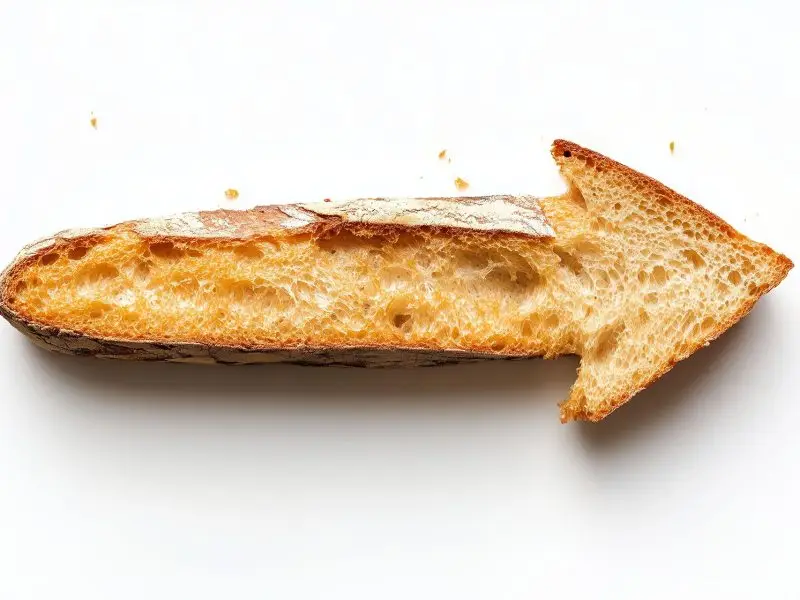Is “Fake News” News?
In recent months, the term “Fake News” has been at the centre of much debate, especially in the context of Brexit, the American Election and various other global events. But is fake news truly a new phenomenon? Not really. British tabloids have long been associated with sensationalist stories and social media platforms have reported fabricated news for years. Remember the 1980s and 1990s? How many times did newspapers face lawsuits and publish retractions? How often have false celebrity death announcements trended on Twitter? The misuse of media isn’t new, and with the vast reach of platforms like Facebook, Twitter and LinkedIn, it was only a matter of time before dubious people began using them to manipulate public opinion with half-truths and outright lies.
Is Fake News News?
I vividly recall being a pre-teen (yes, my memory stretches back that far, just about – cheeky!) growing up in the “valleys” during the coal miner strikes of the 1980s. The daily tabloids were filled with sensationalised stories and playground chatter often revolved around strikes, unions and, of course, Maggie Thatcher. Although I was too young to fully grasp everything, one incident stuck with me. After a heated debate sparked by a dubious article in a tabloid, an older girl sarcastically retorted, “Oh well, if it’s in the paper, then it must be true!” That was my early lesson in scepticism: not everything in print was necessarily true.
Surely, by now, we all know not to believe everything we read, don’t we? Are social media users genuinely so gullible? Should social media platforms be responsible for “policing” their sites to filter out fake news? Or should we take responsibility for our own critical thinking? Here’s a refreshing idea: what if we held those who spread misinformation accountable? Just a thought.
Should Social Platforms Police Fake News?
If we argue that policing fake news should fall to the social media platforms themselves, a certain degree of responsibility does indeed rest there. But who decides what appears in our feeds? What criteria will be used to judge content? Will exaggerated claims from Aunt Julie about her “perfect” Sunday roast be scrutinised alongside political overstatements? And what if you share an article from your favourite blogger that isn’t entirely accurate (say, that new makeup covers 93.6% of blemishes rather than the advertised 94%)? Could sharing such content impact your visibility, making your posts less likely to appear to your followers?
While this may sound extreme, these are some of the strategies Facebook has considered to limit the spread of fake news. The challenge lies in finding a balance between maintaining a free exchange of ideas and protecting users from harmful misinformation.





